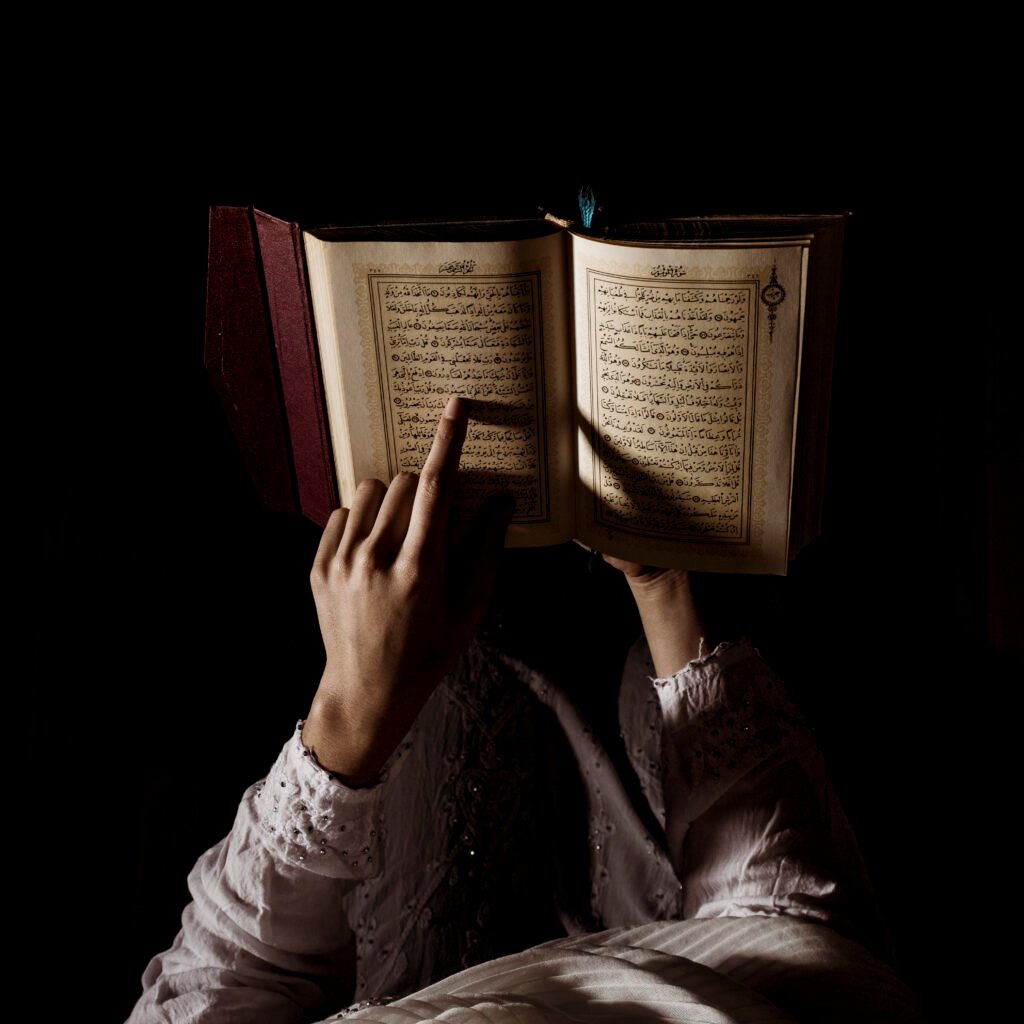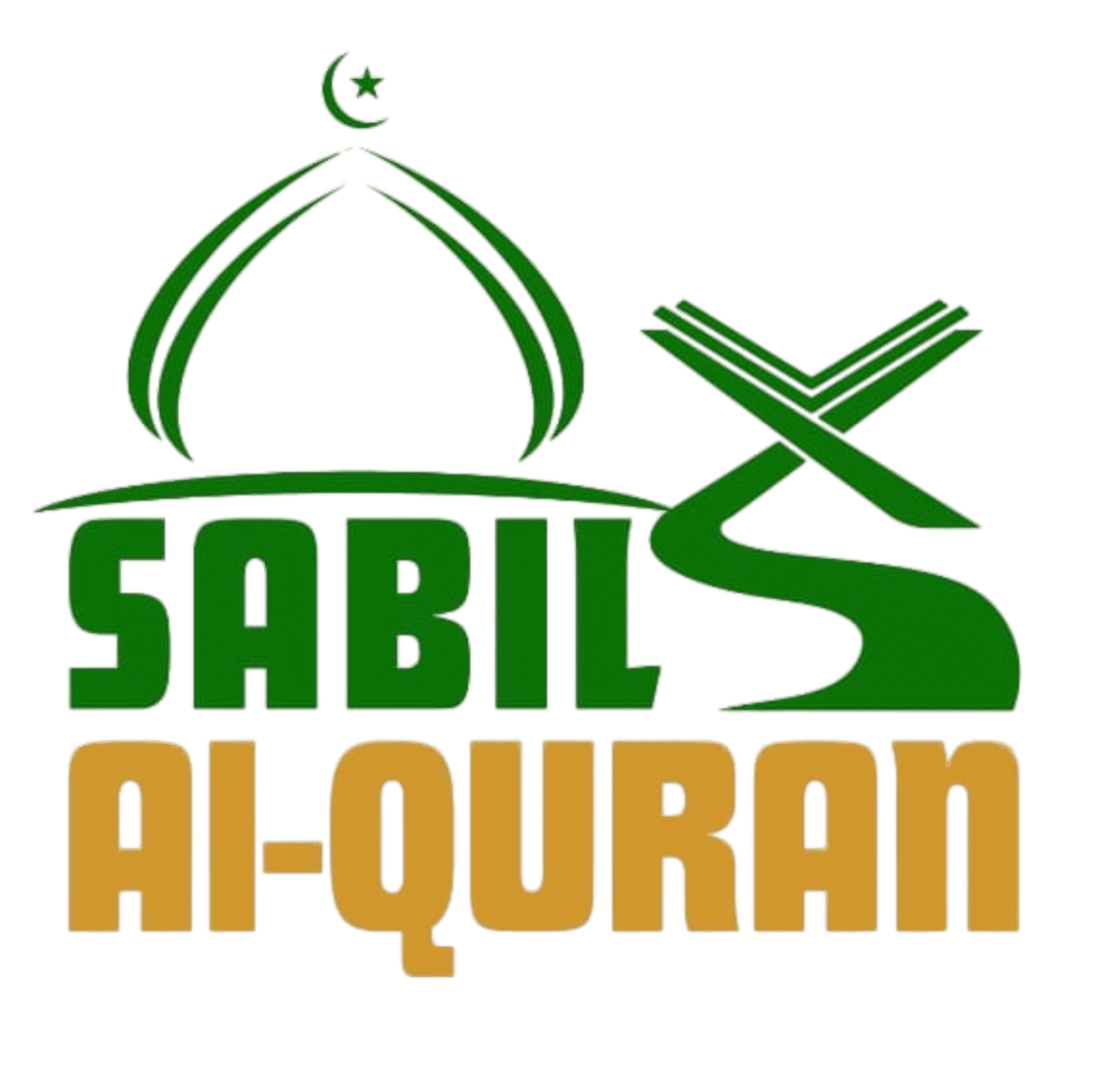Sabil Al-Quran
When Was the Quran Revealed?: Complete Guide
The Quran, Islam’s sacred scripture, is central to the faith and daily lives of Muslims worldwide. Understanding its history is vital, and this article serves as a When Was the Quran Revealed? exploring the 23-year period of its revelation, the pivotal events that shaped it, and when Quran was written into a complete book.
From its divine descent to its preservation under the leadership of Caliphs Abu Bakr and Uthman, the story reflects both spiritual depth and historical significance.
For learners seeking to study this rich history and deepen their connection, Sabil Al-Quran offers a Quran academy online free, providing authentic resources, structured learning, and expert guidance accessible to all.
This article, presented by Sabil Al-Quran, delves into the specifics of When Was the Quran Revealed and explores the circumstances under which Prophet Muhammad (peace be upon him) began receiving his initial revelations.
Holy Quran was Revealed Completely in How Many Years?
The Quran was revealed to the Prophet Muhammad (peace be upon him) over a period of approximately 23 years, beginning in 610 CE and ending in 632 CE, the year of the Prophet’s death.
The revelation began during the month of Ramadan, specifically on a night known as Laylat al-Qadr, or the Night of Decree, which is considered the holiest night in the Islamic calendar.
The First Revelation
The first verses of the Quran were revealed to the Prophet Muhammad while he was meditating in the Cave of Hira, located on the Mountain of Light (Jabal al-Nour) near Mecca.
The Angel Gabriel (Jibril in Arabic) appeared to him and commanded him to “Read” or “Recite.” The Prophet, who was illiterate, responded that he could not read.
The angel then revealed the first verses of the Quran, which are from Surah Al-Alaq (96:1-5)1:
“Read in the name of your Lord who created. Created man from a clinging substance. Read, and your Lord is the most Generous Who taught by the pen Taught man that which he knew not.”
ٱقْرَأْ بِٱسْمِ رَبِّكَ ٱلَّذِى خَلَقَ
The Gradual Revelation
The Quran was not revealed all at once but was sent down in parts over 23 years. This gradual revelation allowed the early Muslim community to absorb and implement the teachings of the Quran in their lives and society.
It provided guidance on various aspects of life, including theology, law, morality, and personal conduct. The revelations often responded to specific events, questions, or needs of the community, making them directly relevant and practical.
The Commencement of Quranic Revelation
The Quran\’s revelation is a cornerstone event in Islamic history, starting from the lower heavens and gradually bestowed upon Prophet Muhammad (peace be upon him) over 23 years.
As Ibn ‘Abbas elucidates, “The whole Quran was sent down to the lower heavens on the Night of Decree. Then, whenever Allah wished to inspire something from it, He would inspire it.”
The noble angel Jibreel (Gabriel) was entrusted with delivering the segments of the Quran as per Allah\’s command. The transmission of revelation is understood such that Jibreel heard the Quran directly from Allah and then recited it to the Prophet Muhammad (peace be upon him) exactly as he had heard it. This is affirmed in the Quran As Allah in Surah AL Shuaraa ( 26:192)2 says:
“And indeed, the Quran is the revelation of the Lord of the worlds. The Trustworthy Spirit has brought it down.”
وَإِنَّهُۥ لَتَنزِيلُ رَبِّ ٱلْعَٰلَمِينَ
Surah AL Shuaraa ( 26:192)
The revelation from the heavens to the earth began during the month of Ramadan. Scholars such as Al-Suyuti and Imam Al-Sha’bi have noted that the initial revelation from Jibreel to Prophet Muhammad (peace be upon him) took place on Laylat al-Qadr, within the last ten nights of Ramadan.
In Which Hijri Year was the Holy Quran Completed?
The Lawh-al-Mahfuz, or the Well-Preserved Tablet, is the divine record where everything from the beginning of creation to the end of time is inscribed, including the Quran. This is referenced in the Quran As Allah in Surah AL Noor (85:21)3 say:
“But this is an honored Quran, [Inscribed] in a Preserved Slate.”
بَلْ هُوَ قُرْءَانٌ مَّجِيدٌ
Surah AL Noor (85:21)
Muslims understand from this that the Quran, as the speech of Allah, was recorded in this celestial tablet. This record underscores the Creator’s infinite knowledge and serves as a guarantee of the Quran\’s authenticity. From the Lawh-al-Mahfuz, Allah caused the Quran to descend from the upper heavens to the lower heavens to a place called Bayt al-‘Izza, or the House of Honor. This initial phase of revelation occurred during Ramadan on the Night of Decree.
Allah say in Surah AL Baqaraa (2:185)4:
“The month of Ramadan [is that] in which was revealed the Quran, a guidance for the people and clear proofs of guidance and criterion.”
شَهْرُ رَمَضَانَ ٱلَّذِىٓ أُنزِلَ فِيهِ ٱلْقُرْءَانُ هُدًى لِّلنَّاسِ وَبَيِّنَٰتٍ مِّنَ ٱلْهُدَىٰ وَٱلْفُرْقَانِ فَمَن شَهِدَ مِنكُمُ ٱلشَّهْرَ فَلْيَصُمْهُ وَمَن كَانَ مَرِيضًا أَوْ عَلَىٰ سَفَرٍ فَعِدَّةٌ مِّنْ أَيَّامٍ أُخَرَ يُرِيدُ ٱللَّهُ بِكُمُ ٱلْيُسْرَ وَلَا يُرِيدُ بِكُمُ ٱلْعُسْرَ وَلِتُكْمِلُوا۟ ٱلْعِدَّةَ وَلِتُكَبِّرُوا۟ ٱللَّهَ عَلَىٰ مَا هَدَىٰكُمْ وَلَعَلَّكُمْ تَشْكُرُونَ
Surah AL Baqaraa (2:185)
Ibn ‘Abbas explained that the descent of the Quran between the heavens emphasized its exalted status and announced to the inhabitants of the heavens that this was Allah’s final revelation. Therefore, it is understood that the entire Quran descended on Laylat al-Qadr during Ramadan.
When Was Quran Published?
After the Prophet Muhammad’s death, the revelations were compiled into a single book to ensure their preservation. The first caliph, Abu Bakr, initiated this crucial process, recognizing the urgent need to safeguard the Quran as many of those who had memorize Quran were dying in battles.
The third caliph, Uthman ibn Affan, standardized the Quran into the version that is used worldwide today. He commissioned a committee to produce copies of the Quran and distribute them to various parts of the Muslim world to ensure uniformity.

The First Revelation to Prophet Muhammad (PBUH)
At the age of 40, Prophet Muhammad (peace be upon him) experienced a profound spiritual encounter that marked the beginning of his prophethood. This pivotal event occurred during one of his regular retreats in the Cave of Hira, nestled on Jabal an-Noor, the Mountain of Light, near Makkah.
This cave, known for its small size and solitary ambiance facing the Ka’bah, was a place of reflection and solitude for the Prophet.
According to historical accounts, the Prophet\’s grandfather, Abdul Muttalib, had discovered the cave and used it for meditation. It was in this serene setting that Prophet Muhammad (peace be upon him) sought seclusion from the idolatry prevalent in Makkah.
He would spend days in worship and contemplation, supported by occasional visits home to attend to family matters and replenish supplies.
During one such retreat, a momentous encounter unfolded. Angel Jibreel (Gabriel), appearing in his true form with awe-inspiring stature and six hundred wings that filled the horizon, delivered the first revelation of the Quran to Prophet Muhammad (peace be upon him).
This divine interaction, occurring during the night in the Cave of Hira, resulted in the revelation of the initial verses of Surah al-‘Alaq.
The intensity of this spiritual experience left the Prophet overwhelmed and in awe. He hurried back to his first wife and supporter, Khadijah (may Allah be pleased with her), recounting the event with trembling excitement.
This pivotal moment marked the commencement of Prophet Muhammad\’s mission as the final messenger of Allah.
The Quran, as Muslims believe, exists eternally in the Protected Tablet (Lawh-al-Mahfuz), from where it was gradually revealed to Prophet Muhammad (peace be upon him) over a span of 23 years.
This gradual revelation during the Prophet\’s lifetime, particularly during the month of Ramadan on the Night of Decree (Laylat al-Qadr), reflects Allah\’s divine wisdom in guiding humanity.
Conclusion: When the Quran Was Revealed
The revelation of the Quran is a cornerstone of the Islamic faith, representing divine guidance for humanity. The process of its revelation, spanning over 23 years, reflects the dynamic and responsive nature of the Quran’s guidance.
Muslims believe that the Quran is the literal word of God, preserved in its original form, and it continues to inspire and guide millions of people around the globe.
The story of its revelation is not just a historical event but a continuing source of spiritual nourishment and moral direction for the Islamic community.
For more insights and a deeper understanding of the Quran, visit Sabil Al-Quran, your trusted resource for comprehensive Islamic knowledge. Whether you’re beginning your journey or looking to strengthen your skills, our structured Quran memorization course helps you commit the words of Allah to heart with clarity and consistency.
You can also refine your fluency through our online Quran recitation course, and perfect your pronunciation and rhythm with Quran Tajweed online classes. Together, these programs provide a complete pathway to learning, reciting, and living by the Quran with excellence.
FAQ When Was the Quran Revealed
How Many Years Quran Revealed?
The Quran was revealed over a period of 23 years
Holy Quran was Revealed in How Many Years and Months?
The Holy Quran was revealed over 23 years, which is approximately 22 years and 5 months 13 years in Makkah and 9 years and 5 months in Madinah.
How long did the process of revelation last?
The process of Quranic revelation lasted approximately 23 years, concluding in 632 CE, the year of Prophet Muhammad’s (peace be upon him) passing.
In which month was the Holy Qur’an revealed?
The Holy Quran was revealed in the month of Ramadan. Specifically, the revelation began on Laylat-al-Qadr, the Night of Decree, which falls within the last ten nights of Ramadan. This night is considered the most sacred and blessed night in the Islamic calendar.
Was the Quran revealed all at once?
No, the Quran was not revealed all at once. It was revealed gradually over the span of 23 years. The revelations addressed various issues and situations faced by the Muslim community, providing guidance on matters of faith, morality, law, and personal conduct.
What are the main periods of Quranic revelation?
The revelation period is divided into two main phases:
Meccan Period (610-622 CE): During this phase, the revelations primarily focused on fundamental beliefs, monotheism, and moral teachings.
Medinan Period (622-632 CE): Following the migration of Prophet Muhammad (peace be upon him) from Mecca to Medina, the revelations addressed social, legal, and political aspects of community life.
How was the Quran compiled?
After the death of Prophet Muhammad (peace be upon him), the Quranic revelations were compiled into a single book under the caliphate of Abu Bakr, the first caliph of Islam. This compilation ensured the preservation of the Quranic text in its entirety.


